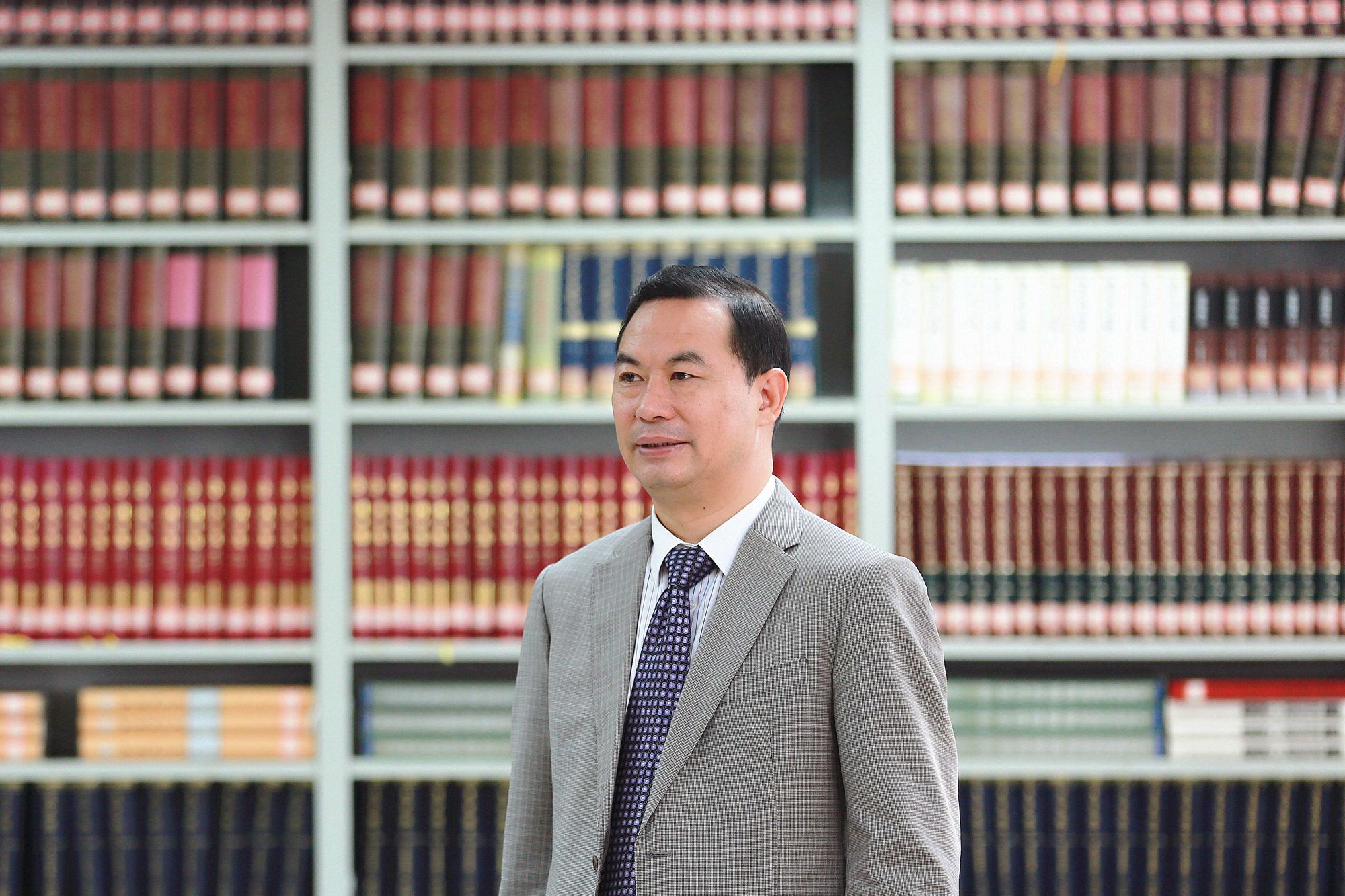
Abstract: Generative artificial intelligence property crimes exhibit three key characteristics: First, they have become more intelligent. Secondly, they have become more targeted. And thirdly, they have become more decentralized. In the judicial response to generative artificial intelligence property crimes, China urgently needs to solve the following difficult problems in judicial practice: first, the subjects of criminal responsibility; second, identification of accomplices; third, the delineation of platform responsibilities; and fourth, the judgment of the “knowingly” commission of a crime. In addition to actively responding to generative artificial intelligence-related property crimes at the judicial level and promoting the development of joint crime theory and imputation theory for property crimes against the backdrop of emerging technologies, it is also necessary to effectively establish a punishment and prevention mechanism by improving relevant legislation and prevention and control capabilities.
Author: Liu Renwen, a research fellow at CASS Institute of Law and a professor at the Law School of the University Chinese Academy of Social Sciences.
Source: 2 (2025) Journal of the National Prosecutor's College.



